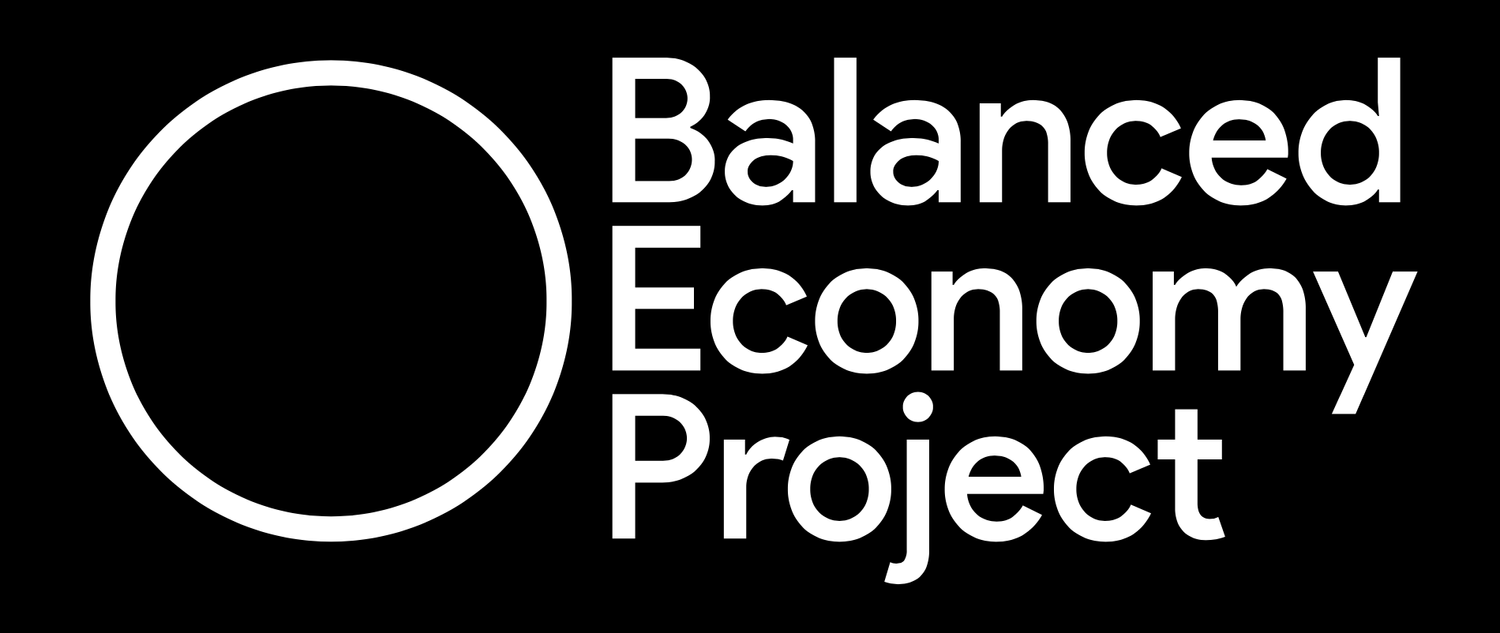Why a Vodafone-Three merger would damage Britain
Update: We’ve got good coverage: e.g. in The Guardian; this piece in City a.m. draws on our research; we are a core part of a UK parliamentary Debate Pack on the proposed merger; the Unite union has drawn on our work and added important new details.
“Don’t believe the hype. We’ve heard it before: companies plead poverty, they say they need a merger and promise sumptuous benefits. Their claims, as an academic paper put it politely in January, “do not stand up to scrutiny”.”
They need a merger in the same way that children need ice cream.
Why a Vodafone-Three merger would damage Britain
Vodafone and Three in the UK yesterday announced that they intend to merge, cutting the number of mobile network operators (MNOs) from four to three.
We have just published a report, co-authored by Professor Tommaso Valletti, former Chief Competition Economist at the European Commission, now head of economics at Imperial College Business School, looking at the extensive academic and commercial research on what happens after such mergers. (It is an updated version of a report we did last year, when news reports then suggested the merger was imminent.)
We estimate, using conservative assumptions, that this merger would add up to £180 onto the average annual mobile bill in the UK.
This would imply £12 billion sucked out of the pockets of UK consumers and businesses each year as a result of increased market power due to the merger. These companies provide many services beyond mobile, so the ultimate hit to UK consumer and businesses could be significantly greater.
At the same time, all the evidence shows that it will not lead to increased investment, as companies often claim.
So we recommend that the Competition and Markets Authority treats this monopolising merger with the contempt it deserves, and blocks it.

